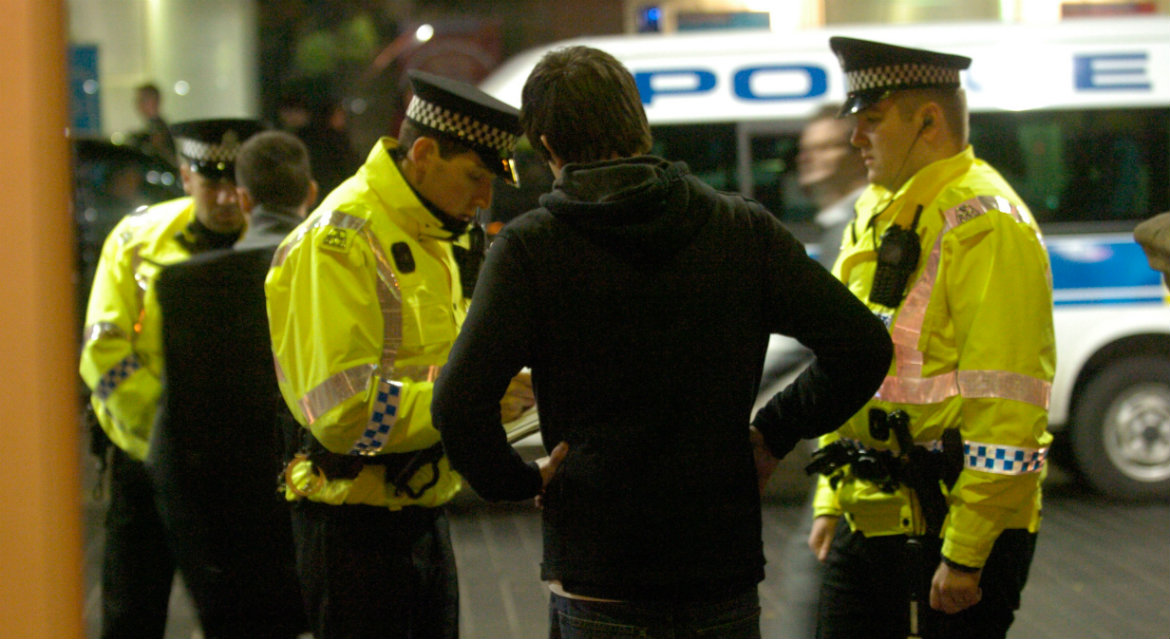Police Scotland ‘a leader’ after stop and search modifications
Published On Wed 29 May 2019 by Jonathan Watson

Changes to Police Scotland’s stop and search policy have made it a leader in European law enforcement, a University of Dundee expert has said.
Dr Megan O’Neill says that revisions to the controversial procedure have helped to make the actions of officers more effective in tackling crime, while improving transparency.
A senior lecturer within Dundee’s Geography Department, Dr O’Neill was one of three academics whose recommendations were adopted by Police Scotland to improve both the efficacy of stop and search as well as public perception of the practice.
She will be discussing her work at the next Dundee Arts Café, which takes place in the McManus Café at 6pm on Tuesday 4 June.
“Scotland is now the leading nation in Europe when it comes to stop and search,” she said.
“Following the reforms, Scotland now outstrips the rest of Europe in terms of its regulation and accountability mechanisms. It’s ground-breaking what we have been able to achieve.
“The police viewed stop and search as a way to prevent crime but it is primarily a tool of investigation, trying to find if somebody has something on them that is either illegal or linked to crime.
“We encouraged Police Scotland to target stop and search, based on reasonable suspicion only, and that has improved how effective it is, even though fewer searches are now being carried out.”
A long-standing police procedure, stop and search became headline news in 2014 when it was revealed that people in Scotland were four times more likely to be targeted by police than in England. The revelation rocked public confidence in the practice, despite police claims that the policy helped to reduce crime rates.
Dr O’Neill’s findings, produced with Edinburgh Napier counterpart Dr Liz Aston, were published in 2016 by the Dundee-based Scottish Institute for Policing Research (SIPR) following the trial of a pilot stop and search project in Fife.
Two key outcomes were the cessation of consensual searches and a systematic recording of all searches, a process that had previously been inconsistent and often inaccurate. Advice slips were also handed out to members of the public, explaining why the searches were being conducted and allowing them to provide feedback.
Dr O’Neill added, “There is a continual process of ensuring that stop and search is carried out correctly, and it is now no longer lawful for officers to stop somebody without reasonable grounds. Stop and search needed to change and it is important to highlight why this was and how we helped to change it.”
‘Changing stop and search in Police Scotland’ will take place at 6pm on Tuesday 4 June in the McManus: Dundee’s Art Gallery and Museum. The event is free and non-bookable, but early arrival is advised.
For media enquiries contact:
Jonathan Watson
Media Relations Officer
University of Dundee
Nethergate, Dundee, DD1 4HN
Tel: +44 (0)1382 381489
Email: j.s.watson@dundee.ac.uk